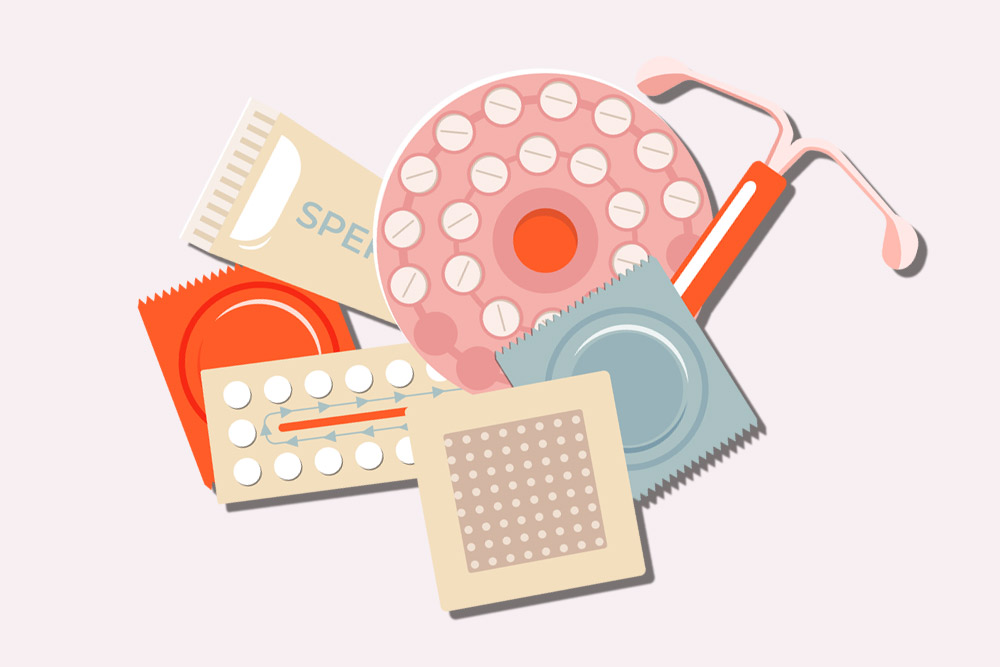World Contraception Day

A global campaign advocating for contraception education and access, and a world where every pregnancy is wanted.
In the United States, between 2015 and 2019, the Centers for Disease Prevention and Control (CDC) says 65.3% of women between the ages of 15-49 were using contraception of some kind. Access to birth control is essential for family planning and reproductive health because it gives us the power to decide when (if ever) it is the right time to have a child. This is part of the reason we celebrate World Contraception Day.
What Is World Contraception Day?
Founded in 2007 and observed on September 26, the annual worldwide campaign is part celebration and part raising awareness of contraception education and access.
Increased access to birth control
While several different types of contraceptives exist, which is a reason for celebration, they are not always easily accessible. Organizations like the Family Planning partnership have been working for years to expand access to contraception globally, but even though there are hundreds of millions of women of reproductive age using birth control across the world, there are still hundreds of millions more that aren’t able to do the same.
The lack of access to contraceptives is not limited to less developed countries, either. This is a problem even here in the U.S. According to Power to Decide, more than 19 million women in America are living in “contraception deserts” where they cannot easily access a health care center that offers a full range of publicly funded contraceptive methods.
Access to any kind of contraception is important, but the option to choose what kind of contraception works best for you is equally, if not more, important. In a survey of 4,000 people, the non-hormonal birth control company Natural Cycles found that 86% of respondents had changed birth control methods at least twice—often because of unwanted side effects. Not every method works for everyone, so having the option to find the type that agrees with your body and lifestyle is essential.
Improved contraceptive education
World Contraception Day exists to advocate for better education surrounding birth control options.
When people are properly informed about their different options, they are able to choose the modern contraceptive method that works for them. Without this education, people trying to avoid unplanned pregnancies may not know any better, resulting in them defaulting to a birth control method that may be less suited to their particular needs and preferences. When this happens, they are less likely to stick with the chosen method and/or are more likely to end up unintentionally pregnant.
The Impact of Birth Control
Since SCOTUS overturned Roe v. Wade in June 2022, thus taking away the right to safe abortion and reproductive health care in states across the country, there is a serious fear over whether restrictions or a ban on contraception is next. For most of us, the need for access to birth control here in the U.S. is more apparent than ever. But, again, the benefits of birth control are not unique to America.
Every year, 48% of all pregnancies are unintended, according to Your Life, the organization behind World Contraception Day. This comes out to around 121 million pregnancies, 60% of which end up in abortion. Globally, around 45% of all abortions are unsafe, and up to 13.2% of maternal deaths are a result of unsafe abortions. Similarly, of the 21 million young women between 15-19 years old who get pregnant every year, 12 million of them go on to give birth—and childbirth is the world’s leading cause of death for women in this age group.
Contraceptive use has the power to end so many of these maternal deaths, simply by preventing unintended pregnancy from happening in the first place. According to the World Health Organization (WHO), in 2016 in 69 of the world’s lowest-income countries, around 300 million women and girls were using some form of modern birth control. Because of this, more than 82 million unwanted pregnancies, 25 million unsafe abortions, and 125,000 maternal deaths were averted.
The importance of raising awareness through World Contraception Day is clear. Without adequate education and access to a full range of birth control options, the health and lives of millions, including pregnant parents and unborn babies, are at stake. If you live in the U.S. and need birth control, use Power to Choose’s clinic locator tool to find a provider who can help.








